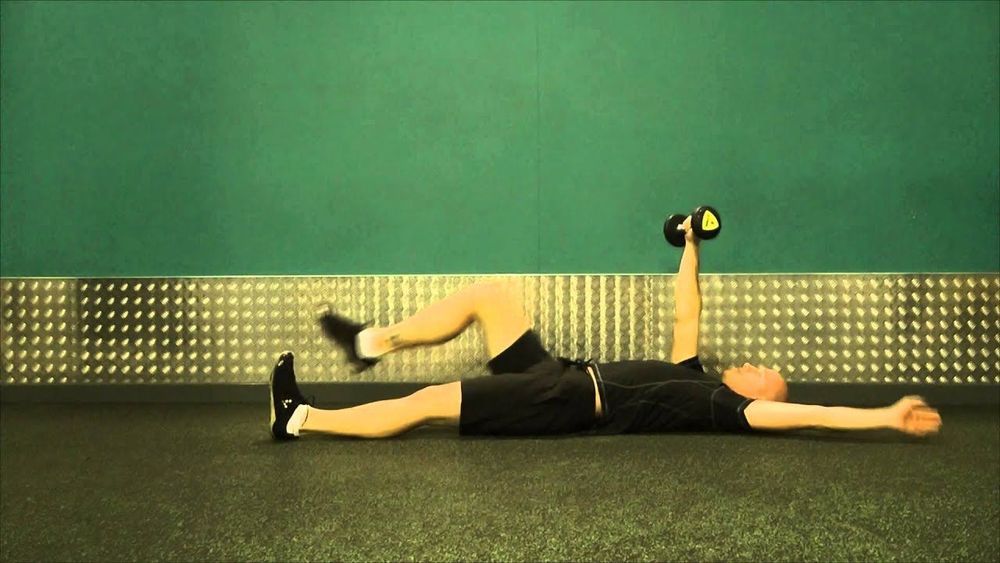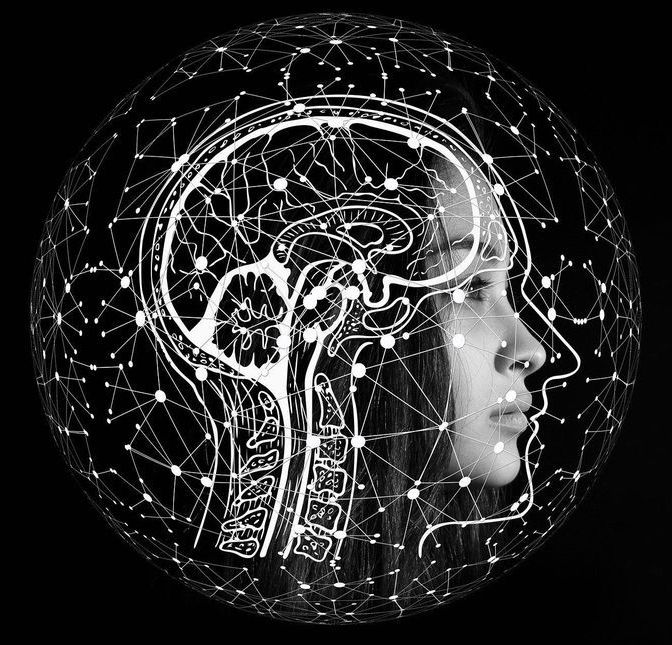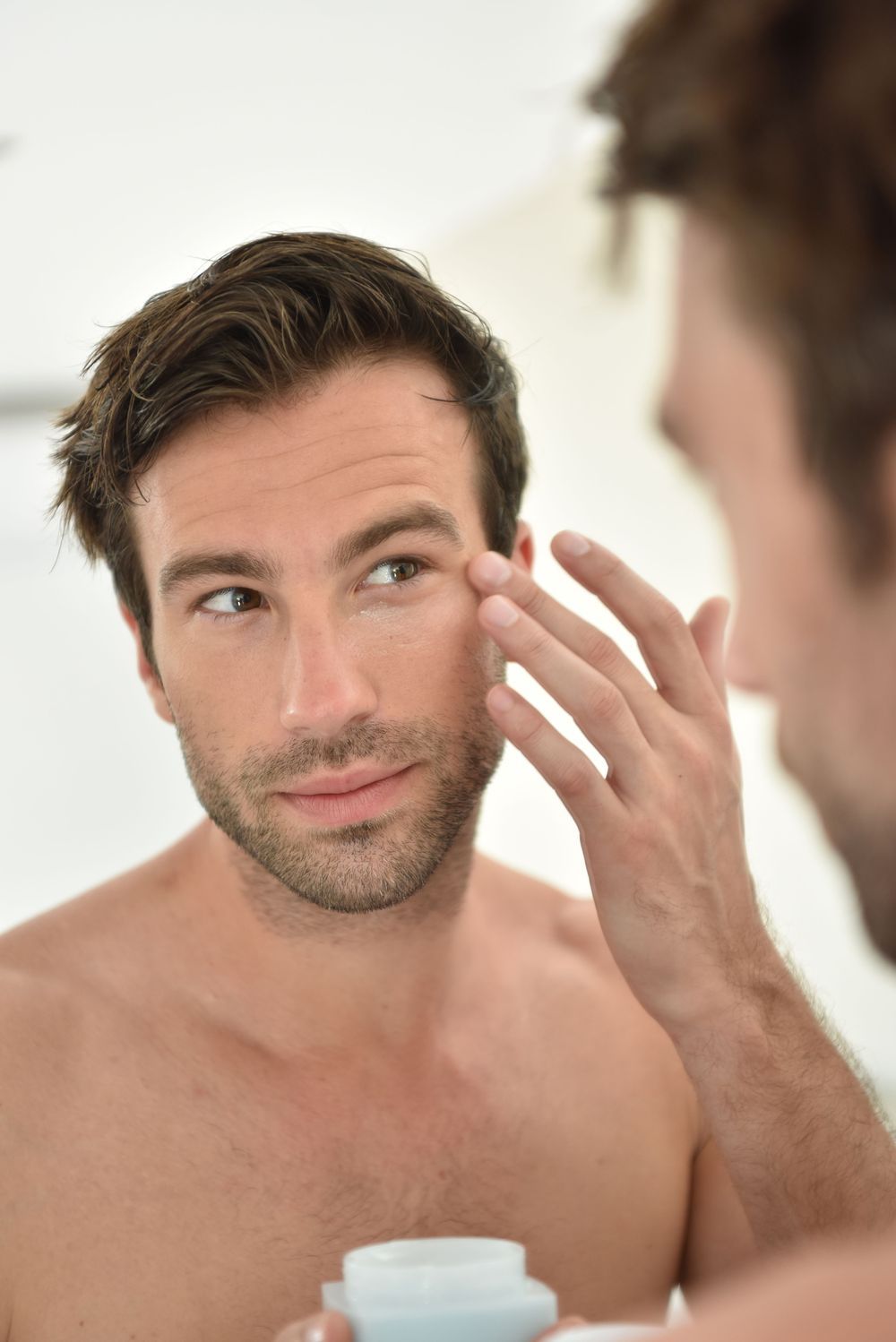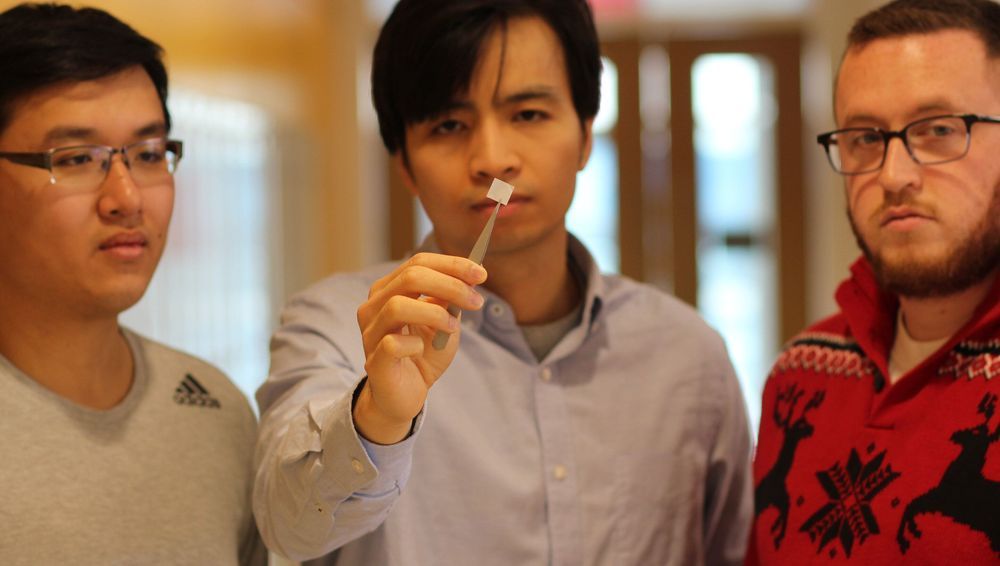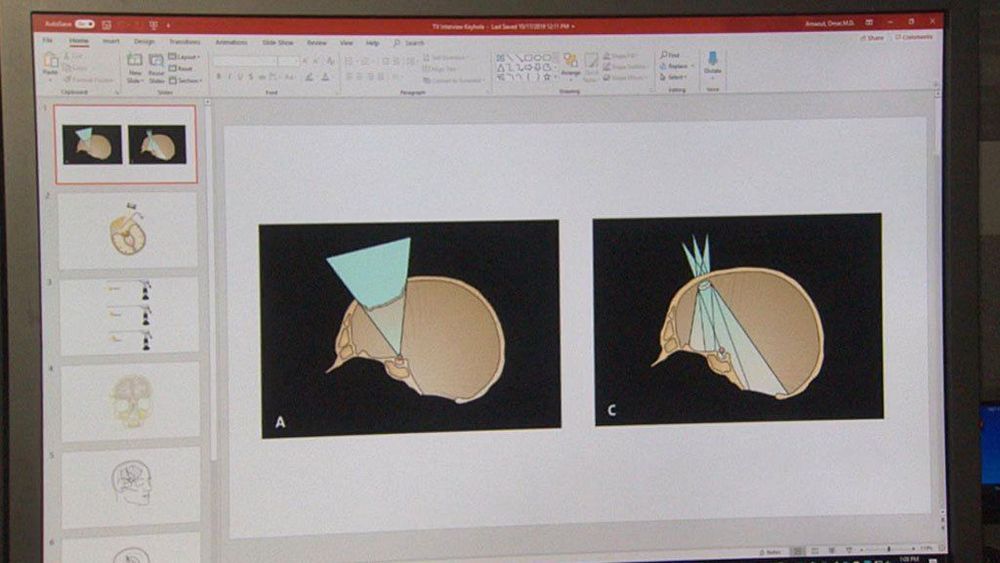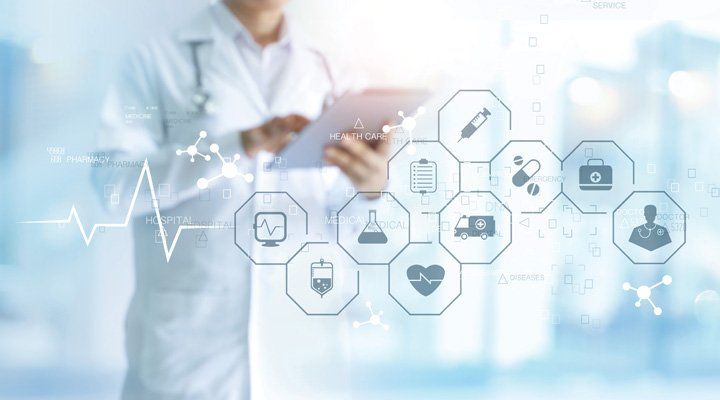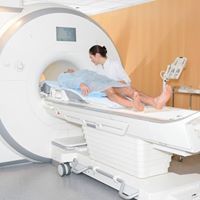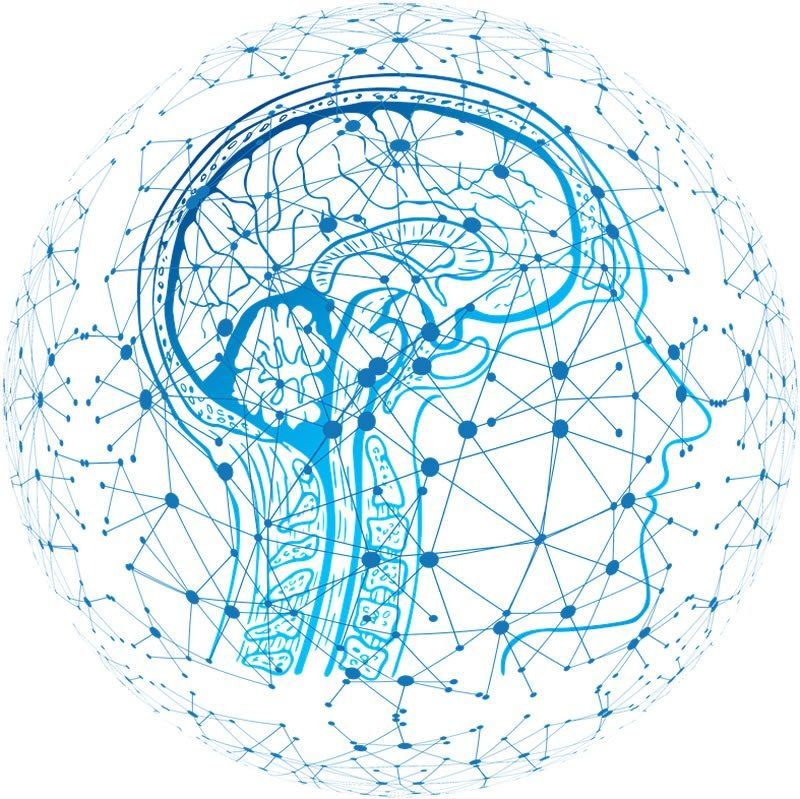Jan 1, 2020
Kombucha: The Easiest Way to Support Your Gut Health
Posted by Paul Battista in categories: biotech/medical, health
One major concern this time of year is how to undo the excess of the holidays. Helping the gut microbiome is a start. Health-Ade Kombucha is a fermented tea that contains probiotics—the same stuff you get from miso, sauerkraut, and yogurt—which can help add to the healthy bacteria in your gut. Have a serving in the morning to aid in digestion throughout the day.
